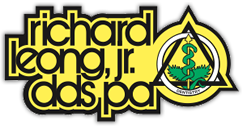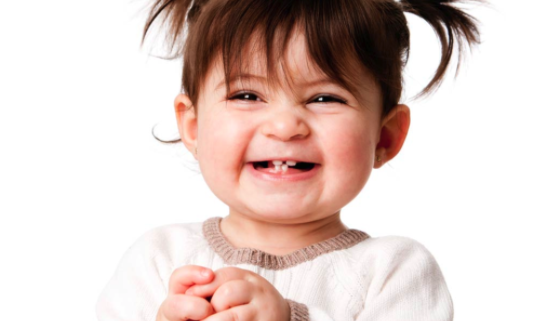Baby Teeth: Your Questions Answered
Taking care of your child’s teeth early teaches them good habits that they can take with them into adulthood. Because baby teeth aren’t permanent, many parents assume that they are not as important as permanent teeth. You may also assume that baby teeth don’t have the same issues as permanent teeth and that you don’t need to have a concern for oral health problems such as cavities.
Some parents also wonder how to take care of baby teeth once they do begin to come in. Read on to find out the answers to your questions about baby teeth.
When Will My Baby Develop Teeth?
Exactly when your child’s first baby teeth come in will vary. Each baby is unique, and the teething process is different for every child. However, most babies get their first tooth by about six months of age. Keep in mind that the teething process starts before the first tooth erupts. During the teething process, your baby’s gums become sensitive and irritated. Some signs to look out for that your child may be teething include an increase in biting, irritability, drooling, and gum rubbing.
When Should I Begin Taking Care of My Baby’s Teeth?
It’s best to begin oral health practices before your child’s teeth come in. You can keep your baby’s mouth clean after feeding by using a warm, damp towel to wipe their mouth and gums. This helps remove bacteria and prevent it from clinging to your baby’s gums. It’s important to ensure that your baby’s mouth remains clean after eating.
When Should I Schedule My Baby’s Dental Checkup?
It’s recommended that you take your child in for a well-baby dental checkup by their first birthday. This is a crucial part of preventative care for your baby. Your provider will clean your baby’s teeth and evaluate their risk for tooth decay. Besides checking for cavities and other dental problems, your dentist or dental hygienist can show you the proper technique for cleaning your baby’s teeth.
How Should I Care For My Baby’s Teeth?
After several weeks of watching your baby go through the teething process, you will spot the first tooth coming in. When that happens, you can begin brushing them twice a day with a small dab – about the size of a grain of rice – of toothpaste. Use a soft-bristled brush designed for baby’s and brush the front and back teeth gently. As your child gets older, you can increase the amount of toothpaste to about the size of a pea. When brushing your child’s teeth, be sure to check for any signs of tooth decay.
Are Baby Teeth Vulnerable to Tooth decay?
Even though baby teeth are temporary, they play an important role in oral health and dental development. Your child’s baby teeth are not immune to cavity-causing bacteria. In fact, 42 percent of children have at least one cavity in their primary teeth. That’s why preventative care is crucial. You should take your child for a checkup every six months so that you can catch any issues right away.
My Child Has a Cavity, Should I Be Concerned?
Although your child’s baby teeth will eventually fall out, if they get a cavity in their primary teeth, you should be concerned. If your child’s mouth is filled with cavity-causing bacteria, their permanent teeth are at risk. Additionally, baby teeth serve as a placeholder for permanent teeth. If your child’s baby teeth are damaged from tooth decay, it can prevent their permanent teeth from growing in straight.
After your dentist treats your child’s cavity, it’s important to take measures to prevent cavities from spreading to other teeth. Keeping your baby’s mouth and teeth clean will go a long way in preventing cavities and ensure that they have a bright smile that lasts a lifetime.
For more information, call us at Richard W. Leong, Jr. DDS PA. Our friendly staff will be more than happy to schedule an appointment for you and your baby.





